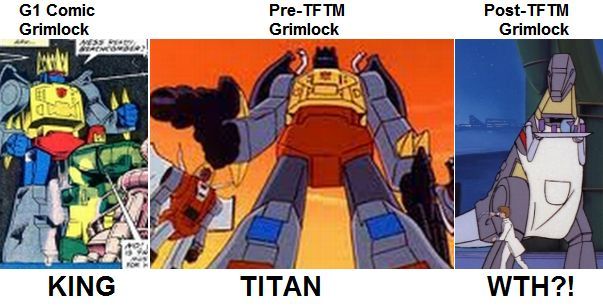Because it's pronounced きのう (/kɪ'noʊ/) and not きのお (/kɪ'nɔ;/). Pronunciations are similar, but not identical.
おう sounds similar to "o" as in "throw", "though", "go", "sow" etc., whereas おお sounds more similar to "o" as in "oar," "floor," "more" etc. So for example, Osaka is pronounced as おおさか and not おうさか. Although most English speakers do technically mispronounce it as the latter, it should correctly be pronounced as in the former. I do say similar, not the same. Japanese vowels are pronounced as monophthongs, unlike English vowels which are diphthongs. They don't glide like English vowels, and they're also slightly more nasal. They're more similar to the way vowels are pronounced in Romance languages (e.g. French, Spanish, Italian) rather than the way they're pronounced in Germanic languages like English.





 Reply With Quote
Reply With Quote





